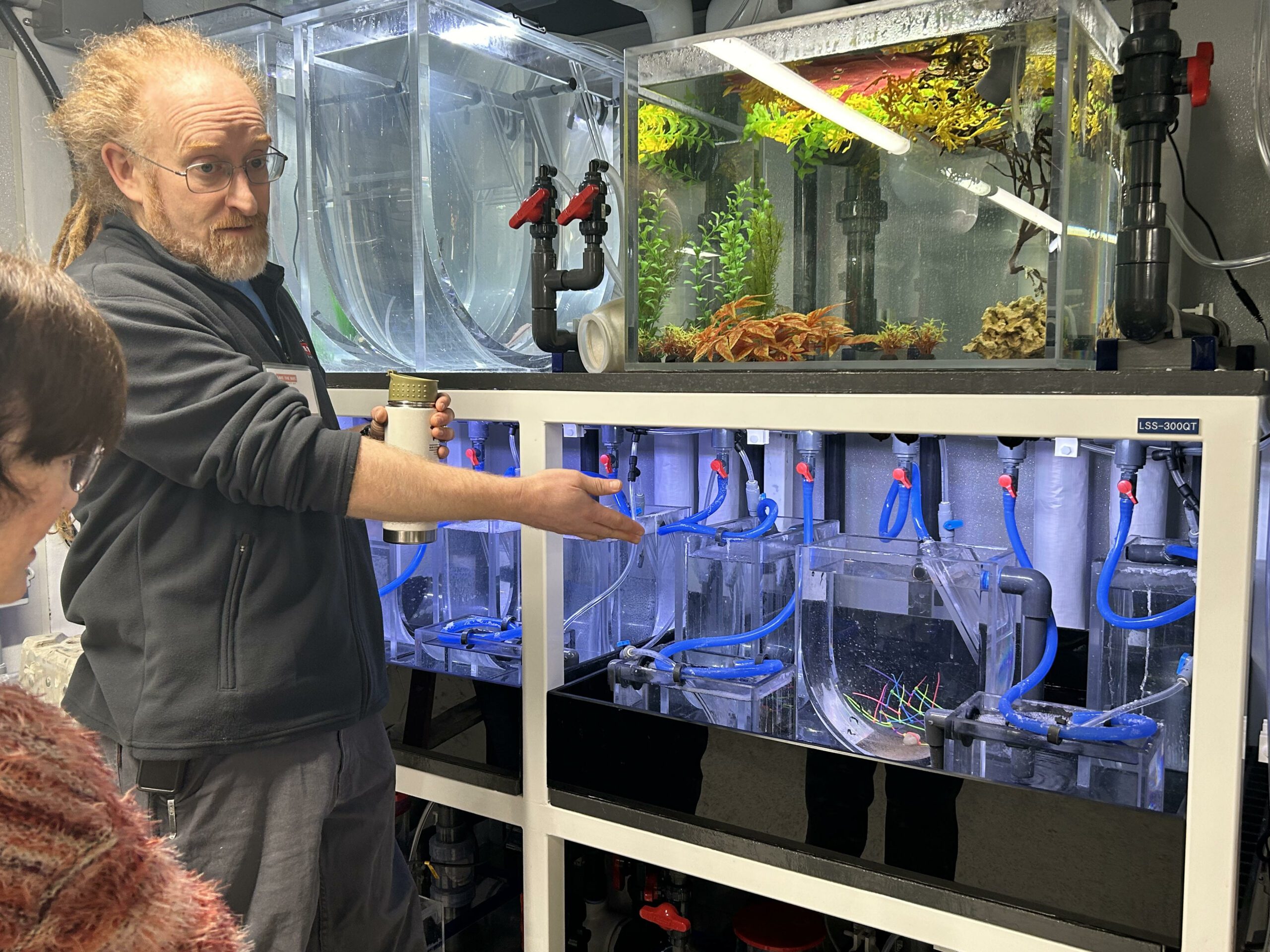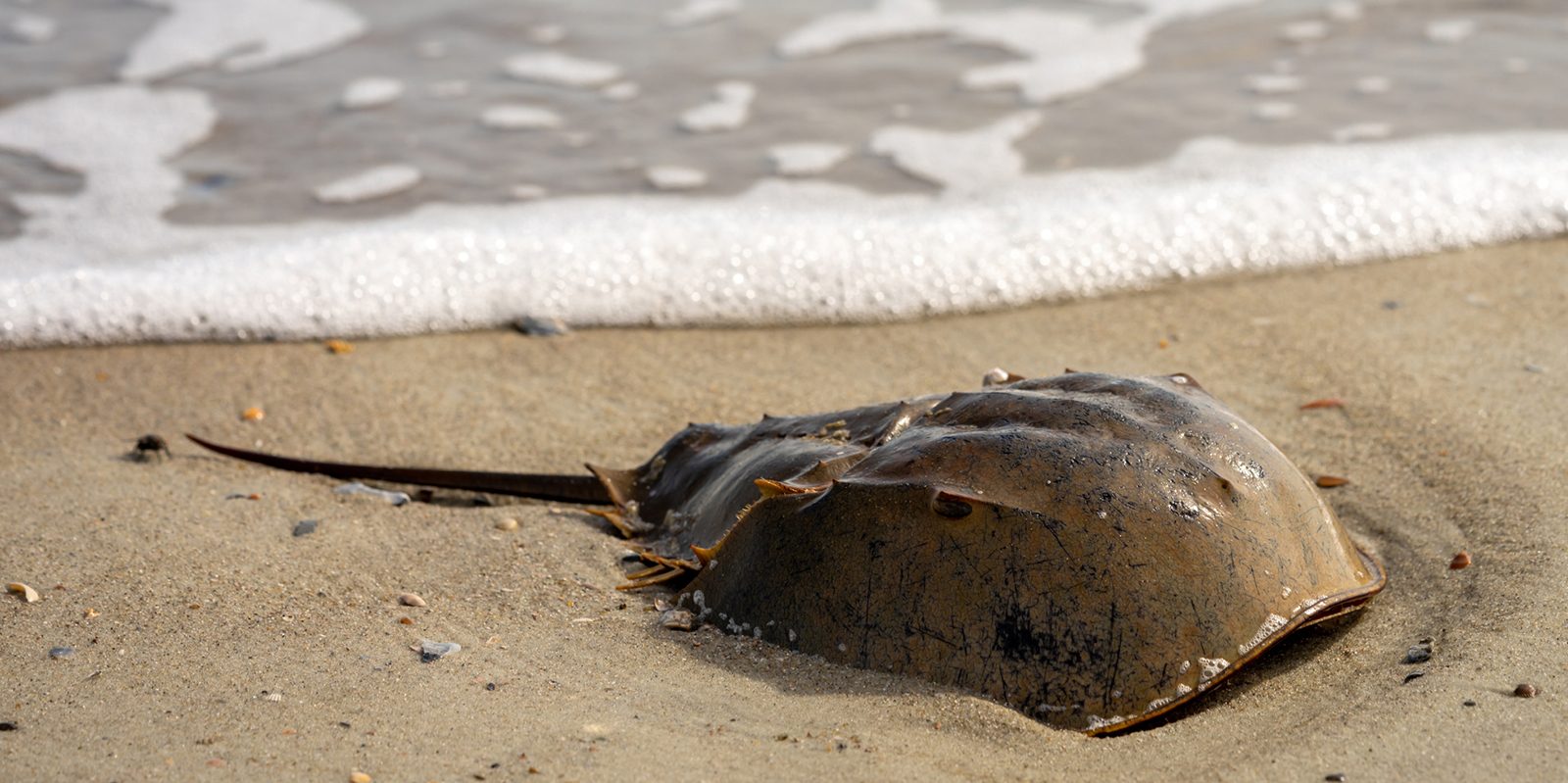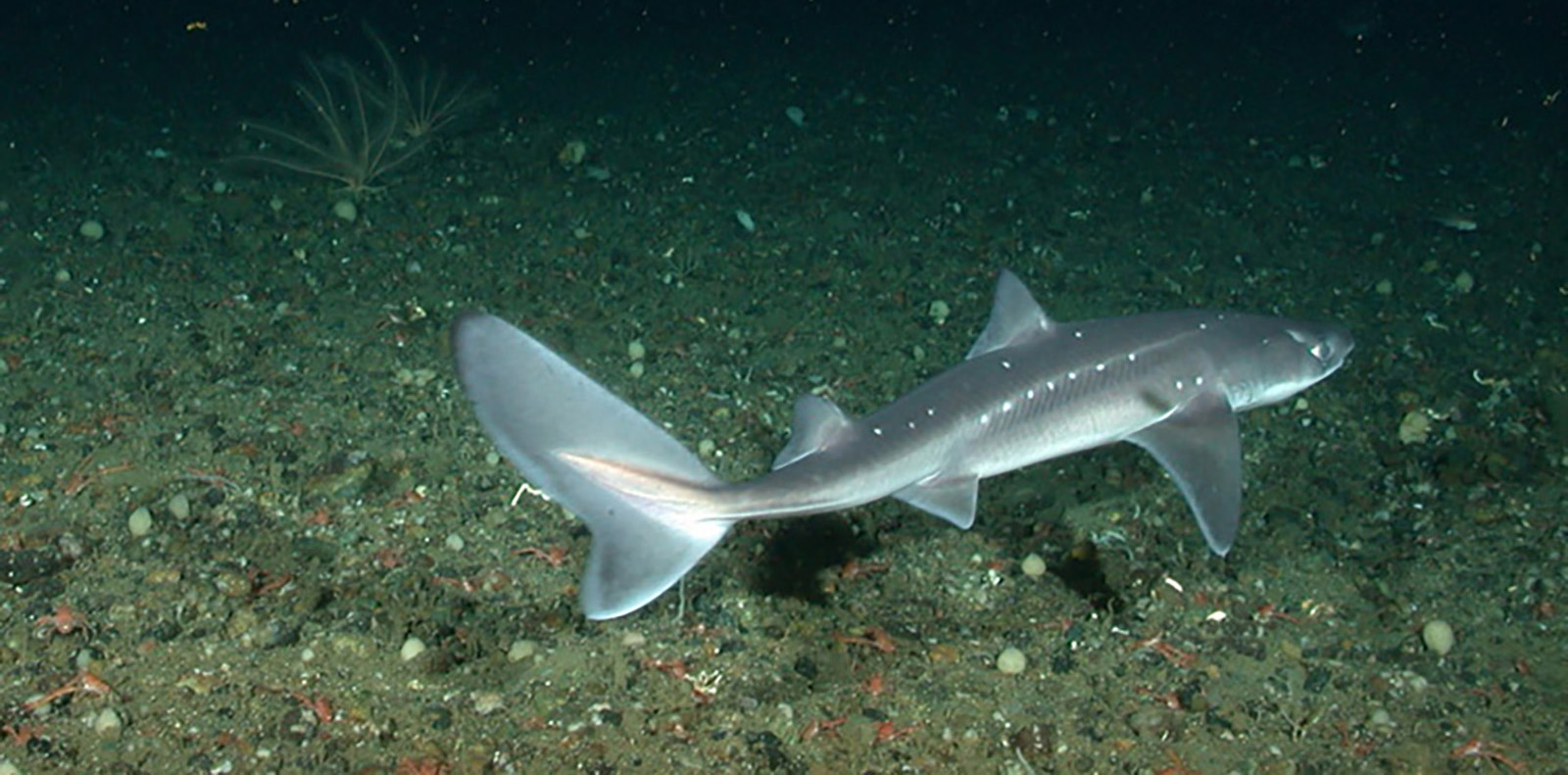Tuff Enough to Overcome Alcoholism, Bipolar Disorder to Swim for Ocean Health
July 24, 2023
Ben Tuff was two weeks old when he first visited Jamestown, R.I., his family’s summer vacation spot. “My roots are there,” he said.
But those roots don’t just tether him to the land; rather, they extend into the water that surrounds Jamestown, Newport, and Narragansett.
The vitality of the ocean is inextricably tied to a healthy planet and, ultimately, human life. As a child, Tuff, who rarely left the water during the summer, experienced that macrocosmic relationship playing out in his young body. “Some people called me a litmus test for how clean the water was,” he said. “I spent so much time swimming that if there was runoff, I’d get sick.”
Tuff’s aquatic playground was at its worst when he was a boy, and it wasn’t always a safe place for him to play. In the late 1980s, he and his brother brought much more than crustaceans home from their Jamestown Bay crabbing excursions. He recalled, “I saw medical waste along the shore, which seems unbelievable, so I just recently asked my mom, ‘Did I make this up?’ She said, ‘Nope. You brought those needles home!’”
But despite its dangers, Tuff felt connected to the ocean. And its waves calmed the inner turbulence that his undiagnosed bipolar disorder caused. “I could be so much more at peace when I was in the water,” he said.
Twenty-five years later, he rediscovered water’s solace during a particularly difficult time in his life. Tuff checked himself into an alcohol addiction treatment facility — Silver Hill Hospital in Connecticut — where he received an official diagnosis for bipolar disorder. “It was nice to understand my ups and downs from a medical perspective,” he said.
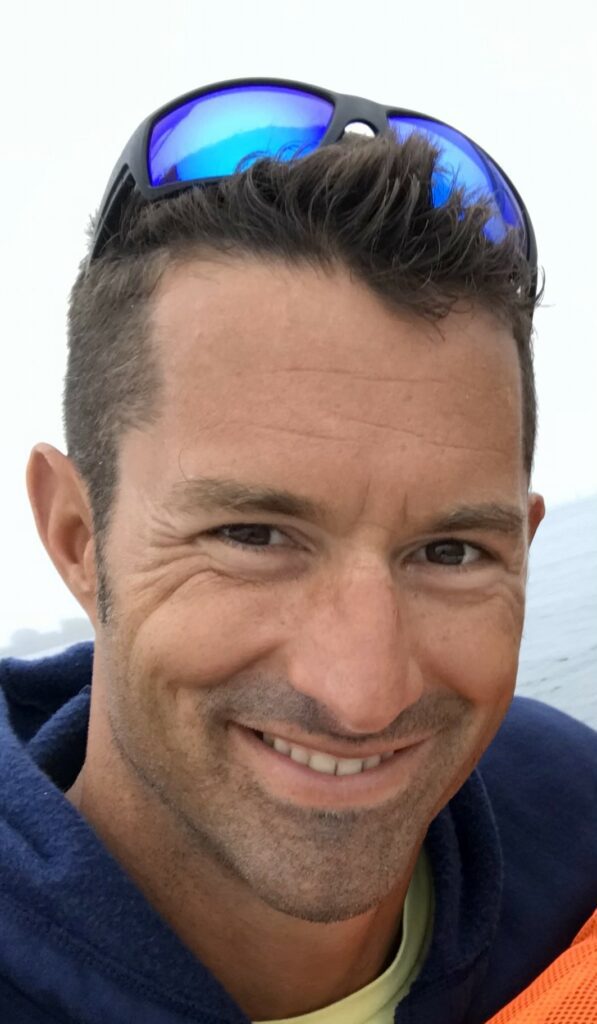
Tuff was in the precarious and uncomfortable first few weeks of sobriety — what he calls the newborn phase — when his doctors encouraged him to find a support partner at a local recovery meeting.
“I met this guy named Ken. He was two years sober and had an Irish accent,” Tuff said. “He used triathlons as a tool in his sobriety and I thought I’d try it too.” After five weeks, Tuff checked out of Silver Springs and immediately became a member at his local pool. “I could swim, but not efficiently. I was so stubborn — I wouldn’t take a lesson. But every day that summer, I’d go to a recovery meeting, then to the pool for an hour and a half, and eventually I could swim half a mile.”
As his swimming improved, it became his favorite aspect of the triathlon, a multisport endurance race that traditionally includes a mile swim, a 2.5-mile bike ride, and a 6-mile run. “I hated running, and when I was biking, I was afraid of being hit by cars,” he said. “But swimming became such a therapeutic piece of my existence. I could connect with my higher power, process and think, and leave it all out there.”
The competitive nature of triathlons began to crowd out the spiritual aspect of swimming, so after six years, Tuff mostly retired from triathlons in favor of focusing exclusively on ocean swimming. “There’s nothing like swimming in the ocean. My ocean,” he corrected himself. “I guess I get a little bit possessive.”
Along with that possessiveness comes a sense of responsibility to help keep Rhode Island waters clean and swimmable for future generations.
Going the distance
Save The Bay is a Providence-based nonprofit focused on protecting and improving the waters of Narragansett Bay. Every year, hundreds of people participate in Save The Bay’s biggest fundraiser, which challenges up to 500 swimmers to follow a 2-mile course that runs roughly parallel to the Newport Bridge. “I always thought the people who swam in that event were crazy,” Tuff said.
But in 2017, he joined the ranks of those pushing their personal boundaries for a good cause. “It felt like a lot more than two miles,” he said. The event was a successful one for him. “I raised $4,000 for a cause I believe in, doing what I love, creating accountability, and surrounding myself with positive people.”
Tuff was hooked, but craved a more extreme challenge. To determine whether he could endure a longer course, he headed to Key West, Fla., for a 7.5-mile swim event run by The College of the Florida Keys. This successful experiment was the first in a series of increasingly challenging open ocean swims that not only tested his own limits, but broke records.
Energized by his Key West swim, he returned home and approached Dave McLaughlin, the founder of Clean Ocean Access, with a proposal: “I said to him, ‘Next summer I’m going to swim around Jamestown and I’m going to raise $50,000.’” McLaughlin threw his support behind Tuff, and his 23-mile swim around Conanicut Island raised $54,000 — the biggest donation the organization had ever received.
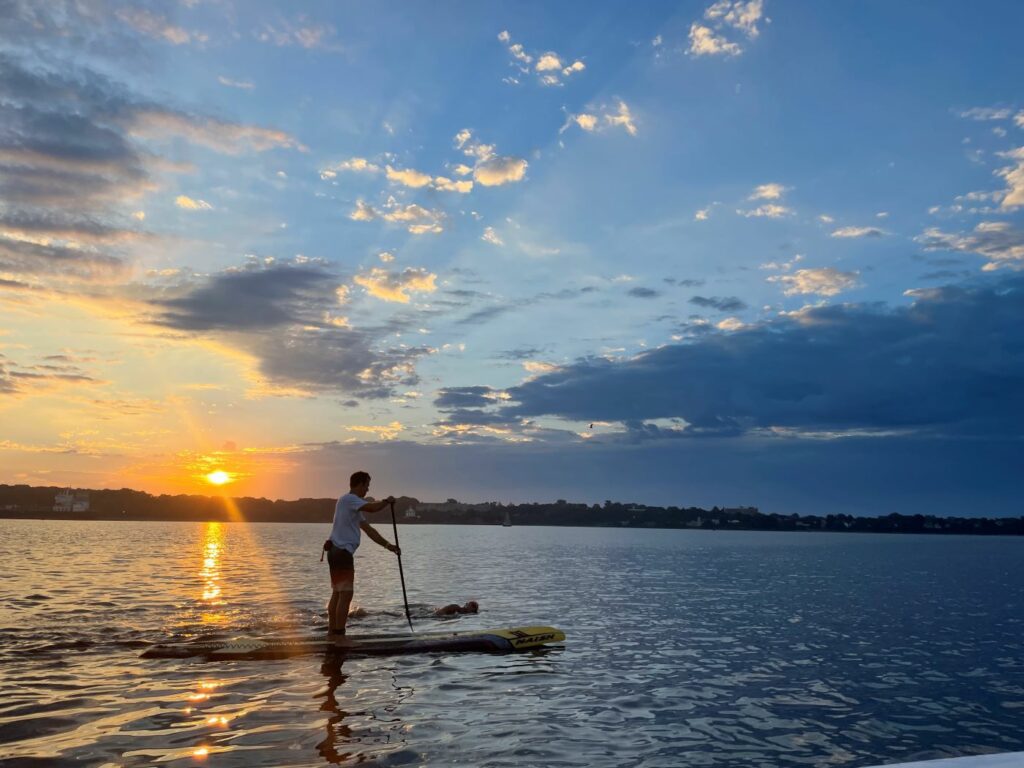
Tuff raised money for Clean Ocean Access both because he shares the Middletown-based organization’s passion and because he knew it would use the money he raised wisely. “Clean Ocean Access has a grassroots approach,” he said. “They make the most of every cent that comes in.”
Tuff eventually joined the organization’s board and became president in 2021, just in time for another swim. This time, he swam 19 miles from Block Island to Beavertail Point in Jamestown and raised $104,000 for the nonprofit, beating his $100,000 fundraising goal. Last summer, he became the first person to swim from Fields Point in Providence all the way to Jamestown in a nearly 24-mile swim, once again raising money for Clean Ocean Access.
“Everyone who knew Ben rallied around this dynamic, passionate, awesome guy who took his strong beliefs in our mission out on the water with him,” said Pam Cook, executive director of Clean Ocean Access. “It’s just one man swimming out in the open water. It’s physically and mentally challenging. And it’s also exciting and allows us to fundraise in a creative way. Gone are the days of the big fundraising galas. Ben’s approach is the way of the future.”
Cook said last summer’s record-breaking journey paralleled Clean Ocean Access’ hopes for Rhode Island’s waters. “Ben started in Providence, which is not the cleanest of waters, and as he made his way down the bay, things began to get a little bit better.”
What lies beneath
Tuff acknowledges that a bit of thalassophobia — the fear of deep water — can nag at him when out on open waters, but he shakes it off. “You get used to the jellyfish stings,” he said. “Sometimes they’re the thing that keeps you going.” Tuff considers the jellyfish swarms he regularly encounters a metaphor for life. “There are tough parts, but you have to remember who you are, what you’re doing and why.”
Physical safety is much more of a concern for Tuff and his team than the specter of Hollywood-style monsters lurking below. “There have been a lot of deaths in open ocean swimming,” Tuff acknowledged. “Some of the top swimmers in the world have passed away during these endurance events.”
So Tuff and his team developed a water-tight emergency action plan that included evacuation routes that shifted as he moved along the bay. The Coast Guard helped keep boats away, and the boat that accompanied him on his route, full of a supportive team of family, friends, and his swimming coach, had a defibrillator on board.
David Martin, Tuff’s swimming coach, is working toward a doctorate at the University of Connecticut and regularly presents data with sports scientists on endurance sports. “There’s no set policy on how you develop these safety action plans, so we’re starting to share our methods and teach others how best to protect athletes,” Tuff said.
In this most recent swim, Tuff became a test subject so his coach could learn more about how distance swims affect the body. Both he and the paddleboarder who stays close by during Tuff’s swims to keep him on his route swallowed an ingestible telemetric temperature pill the morning of the swim. “The pill relayed our core temperatures to the boat every 60 seconds to make sure I didn’t overheat. Swimming is an all-body sport and after you use all of your muscles for hours, the theory is that your body thinks it’s fighting a disease. The night after my swim, I had a fever of 102.7 because my body was in such disarray from all the abuse.”
After last summer’s physical challenge, Tuff’s doctors suggested he take this summer off, a directive he’s taking quite literally. As soon as fall arrives, he’s heading back to the Florida Keys for an 8-mile swim to Alligator Lighthouse, a route some have called one of the eight toughest swim challenges in the world.
Following doctor’s orders, rather than dive into the water this summer, Tuff is diving into the film world as executive producer of his recently released documentary “Swim Tuff: How I Swam My Way Out of the Bottle,” produced by Matt Corliss, whose previous credits include the award-winning film “The Social Dilemma.” “Swim Tuff” documents Tuff’s 15-hour swim from Providence to Jamestown and compares its challenges to those Tuff encountered on his journey to sobriety. The film will premiere Aug. 1 at the Jane Pickens Film + Event Center in Newport as a fundraiser for Clean Ocean Access.
Cook said, “I’m blown away by the support of Ben and his network, and I’m excited to screen this film to close the loop on his last swim and figure out what’s next.”
For Tuff, the options are as unlimited as the sea. “There are so many fun ideas,” he said. “All I have to do is look at the map of Rhode Island. The possibilities are endless.”

